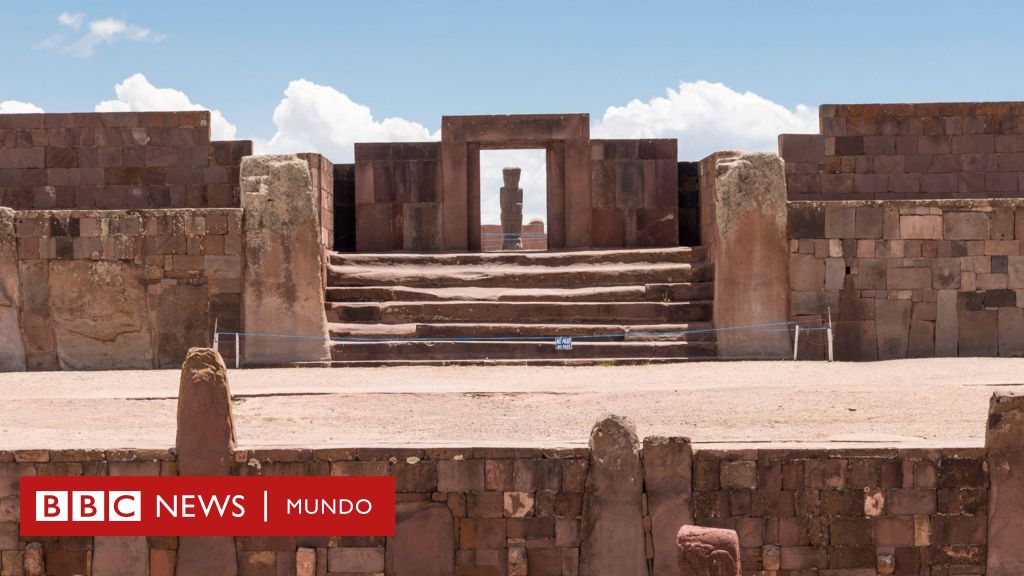The Lost City of Tiwanaku: A Mysterious Civilization in South America
The Puma Punku, an ancient city built with massive sandstone blocks, stands as a testament to the greatness of the Tiwanaku empire. This civilization, ruled by the ancestors of the Aymaras, is considered the “mother culture” of South America, with its influence reaching Peru, Chile, Argentina, and Bolivia.
Located near Lake Titicaca, the city-state of Tiwanaku was once a thriving metropolis at almost 4,000 meters above sea level. Its planned design, intricate architecture, and advanced irrigation system point to a highly sophisticated civilization that dominated the region for several centuries.
The Tiwanaku people were known for their trade and agriculture, with a complex underground drainage system and innovative irrigation technology that allowed them to thrive in the harsh climatic conditions of the Bolivian altiplano. Their agricultural fields, terraces, and multi-ethnic neighborhoods reflected their economic and cultural prosperity.
However, despite their grandeur and influence, the Tiwanaku civilization mysteriously collapsed over a 200-year period. The reasons for their demise remain unclear, with theories ranging from environmental crises to invasions and internal conflicts.
Archaeologists continue to uncover the mysteries of Tiwanaku, with only a fraction of the city excavated so far. The artifacts and ruins provide glimpses into a once-great civilization that left a lasting impact on the region.
As we unravel the secrets of Tiwanaku, we are reminded of the fragility of civilizations and the complex factors that can lead to their collapse. The legacy of this ancient empire serves as a cautionary tale and a reminder of the enduring mysteries of our past.
